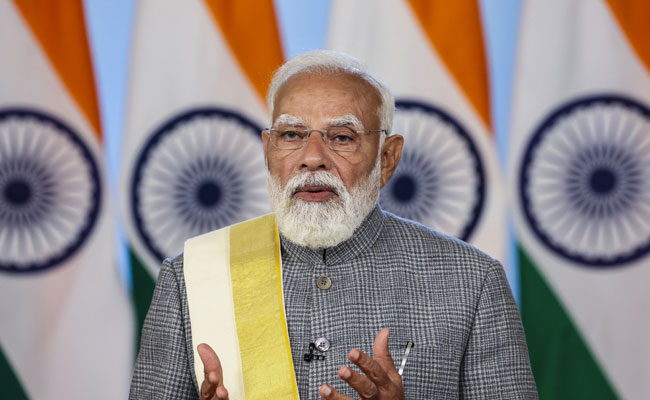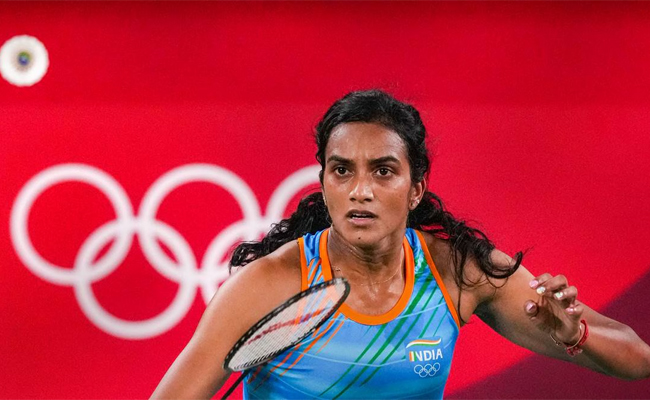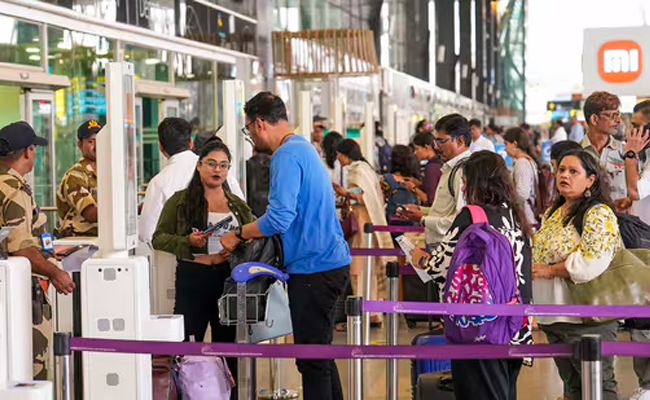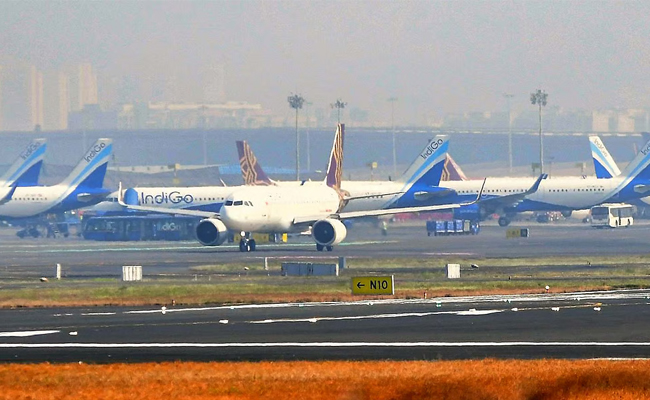New Delhi, June 5: The US is among G7 countries ranked lowest due to its continued support for fossil fuel exploration and production, as well as backtracking on previous pledges to end support to fossil fuels, new research has found.
It said Group of Seven (G7) governments continue to provide at least $100 billion each year to support the production and consumption of oil, gas and coal despite repeated pledges to end fossil fuel subsidies by 2025.
In a major study, published ahead of the G7 Summit in Canada, researchers from the Overseas Development Institute (ODI), Oil Change International (OCI), the International Institute for Sustainable Development (IISD), and the Natural Resources Defense Council (NRDC) have for the first time ranked each G7 country on their transparency, commitments and progress made on ending support for the production and use of oil, gas and coal.
The G7 2018 Summit will be held in Charlevoix, Quebec, from June 8 to 9.
France was the highest ranked country, due to its progress in phasing out support to fossil fuel production and power.
Canada, which holds the G7 presidency this year, scored highly on ending support to coal mining, fossil fuel-based power and fossil fuel use, but had the worst ranking on support for oil and gas production.
Britain scored lowest on transparency, with the government denying it provides any fossil fuel subsidies, under its own definition, despite making commitments to end subsidies.
Overall, the paper finds G7 governments are still dedicating vast public resources to finding, extracting and using fossil fuels, and are at serious risk of not delivering their commitment to phase-out subsidies by 2025.
"Despite repeated pledges to eliminate fossil fuel subsides G7 countries are continuing to subsidise oil, gas and coal, fuelling dangerous climate change with tax-payers' money," said lead author Shelagh Whitley, head of the Climate and Energy Programme at ODI.
"This scorecard addresses the current gap in accountability and, for the first time, tracks progress by each of the G7 countries in phasing out fossil fuel subsidies. While some progress has been made in recent years, overall it is a grim picture with not one country scoring highly."
Report co-author Alex Doukas, Stop Funding Fossils Program Director at OCI, said: "Last December, the World Bank committed to ending its finance for oil and gas extraction. The G7 governments need to follow suit and rapidly phase out their public finance for oil, gas and coal projects around the world."
To meet their 2025 deadline, researchers have called on the G7 to publish comprehensive fossil fuel subsidy peer-reviews no later than 2019 and establish country-level plans for phasing out fossil fuel subsidies, starting with subsidies that have negative social and environmental impacts.
Let the Truth be known. If you read VB and like VB, please be a VB Supporter and Help us deliver the Truth to one and all.
New Delhi (PTI): Prime Minister Narendra Modi on Tuesday urged industry leaders to step up investments, embrace emerging technologies and prioritise research to help India Inc fully leverage the vast opportunities offered by free trade agreements with various nations.
"The days of cutting corners in research are over. We must now make substantial investments in research and development and ensure that our products meet global quality standards. Now we have got opportunities to move forward, so we should have only one mantra - Quality, Quality, Quality," he said while addressing a second webinar on Budget 2026-27.
Stressing that India has entered into free trade agreements with numerous countries, he said, these agreements have opened up a wide range of opportunities for the country.
"In such a situation, he said, "our responsibility is that we should never compromise on quality."
Today, the world is seeking reliable and resilient manufacturing partners, he said, adding that India has a strong opportunity to fulfil this role.
"Our direction is clear. Our resolve is clear. Build more, produce more, connect more, and now the need is to export more," he said.
Pointing out that a significant transformation is currently underway in the global economy, he said that markets are no longer focused solely on cost; sustainability has become an equally important consideration.
"The Carbon Capture, Utilization, and Storage Mission is a key initiative driving this shift. Incorporating sustainability into core business strategies is now essential. Industries that invest early in clean technologies will gain better access to emerging markets in the years ahead," he said.
Highlighting the importance of infrastructure and logistics, he said, they serve as fundamental pillars of our growth strategy.
This year's budget proposes a record level of capital expenditure to support these priorities, he said.
As India emerges as a beacon of hope for the world thanks to its robust economy, and as global supply chains undergo transformation, the prime minister said, rapid economic development has become the cornerstone for realising the vision of Viksit Bharat.





